
As the world becomes increasingly digital, businesses need to adapt to new technologies to stay competitive. One such technology that has gained immense popularity in recent years is chatbots. These automated customer service tools have revolutionized the way businesses interact with their customers, providing immediate and efficient support 24/7. But chatbots are not just a trend – they offer numerous benefits that can help businesses of all sizes save time, money, and resources while improving customer satisfaction. In this article, we’ll explore the top reasons why your business needs chatbots, and how they can help you streamline your customer service operations, increase engagement, and boost sales. Whether you’re a small business owner or a large corporation, understanding the benefits of chatbots is essential for staying ahead of the curve and delivering exceptional customer experiences. So, let’s dive in and explore the world of chatbots and how they can benefit your business.
Benefits of Chatbots for Businesses
Chatbots have become increasingly popular as they offer numerous benefits to businesses. They are an excellent way to improve customer satisfaction, save time and resources, and boost sales. Here are some of the top benefits of chatbots for businesses:

Improved Customer Experience with Chatbots
One of the most significant benefits of chatbots is that they provide an improved customer experience. Chatbots can handle customer queries and complaints quickly and efficiently, without having to wait on hold or for an email response. This immediate response time can lead to increased customer satisfaction and loyalty. Moreover, chatbots can handle multiple queries simultaneously, and they are available 24/7, making them an excellent solution for businesses that operate globally.
62% of respondents would rather interact with a customer service chatbot than wait for an agent to respond
Bank of America introduced Erica, an AI-powered chatbot integrated into their mobile banking app. Customers can interact with Erica through text or voice commands to get personalized assistance with banking tasks, inquiries, and financial insights. Erica’s 24/7 availability and ability to learn and adapt over time improve customer service by providing quick and convenient support.
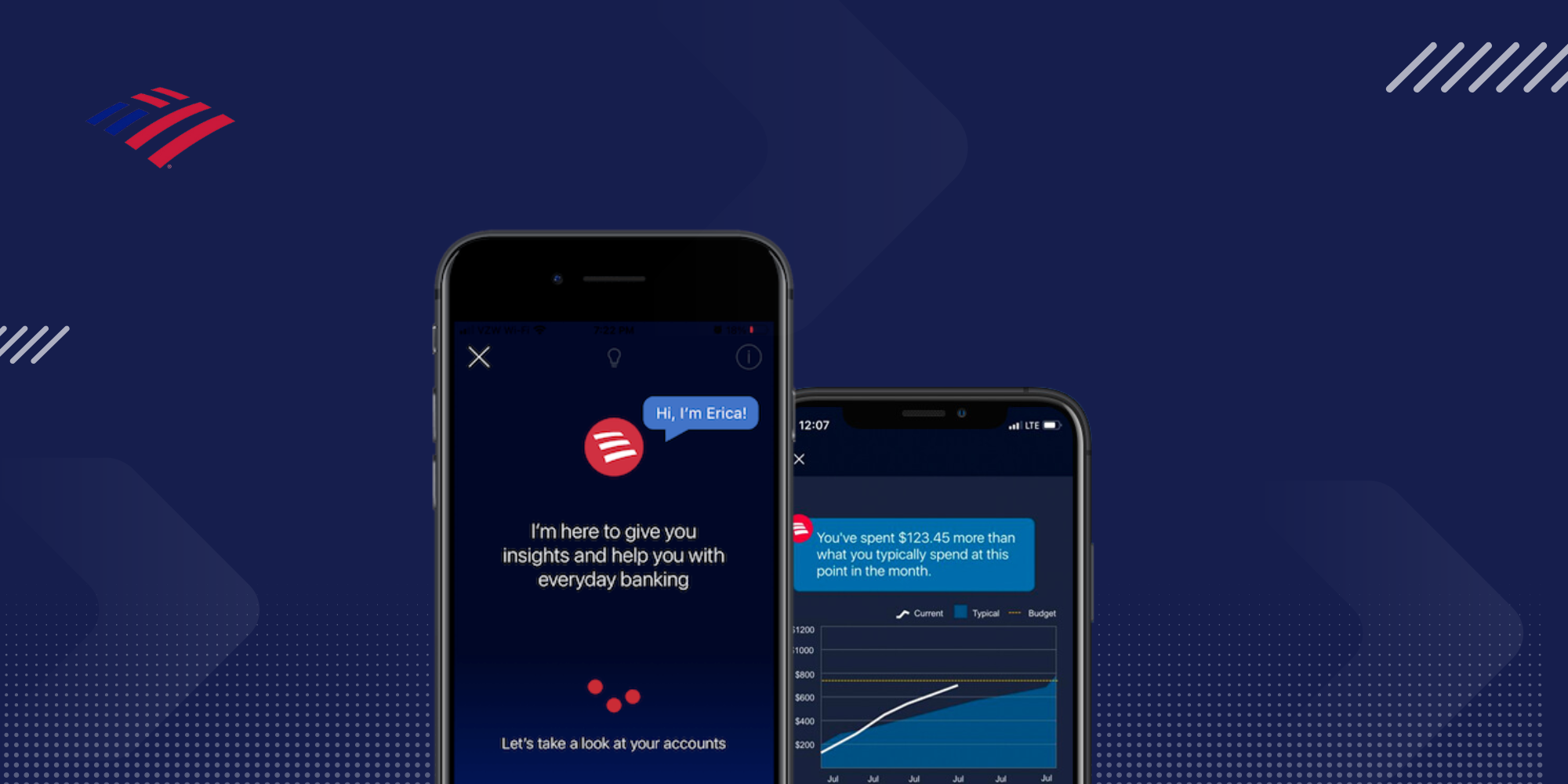
Cost Savings with Chatbots
Chatbots can help businesses save costs by reducing the need for human customer service agents. With chatbots, businesses can handle a higher volume of queries without having to hire additional employees. This can lead to significant cost savings in the long run.
Uber: Uber, the ride-sharing company, integrated chatbots into their app to handle customer support and assistance. Users can interact with the chatbot to report issues, ask for help, or inquire about their ride status. By automating these interactions, Uber has reduced the reliance on human support agents, leading to cost savings in customer service operations.
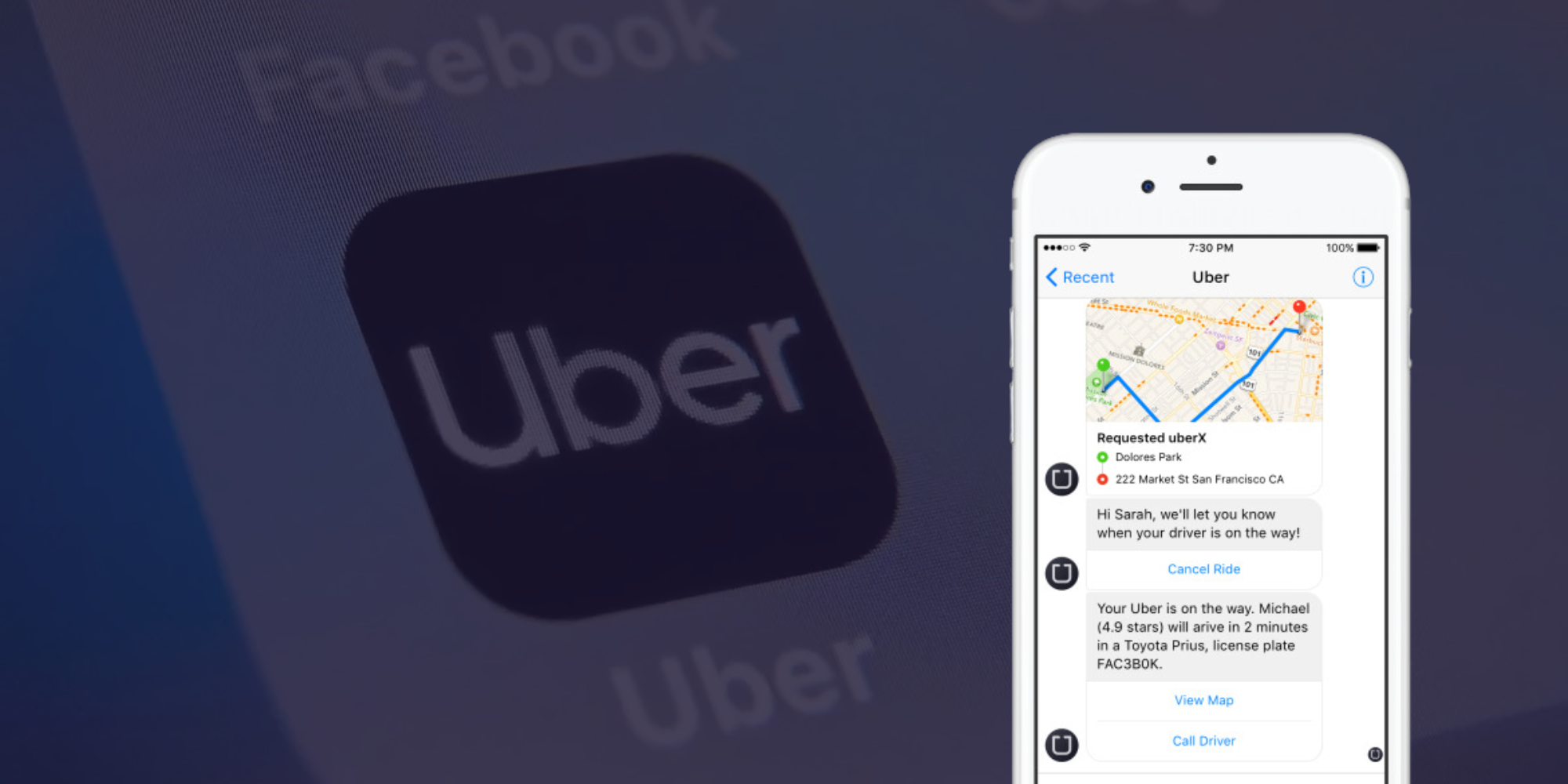
Chatbots for 24/7 Customer Service
Chatbots are available 24/7, which means that customers can get their queries resolved at any time. This round-the-clock availability ensures that customers are satisfied and can get the help they need, no matter the time of day.
🤖 64% of consumers claim that the best feature of chatbots is their availability 24/7
Chatbots for Lead Generation and Sales
Chatbots can be used for lead generation and sales. They can engage customers in conversations, ask questions, and offer personalized recommendations and promotions. This personalized approach can lead to increased sales and customer loyalty.
36% of companies turn to the chatbot market to improve lead generation, and business leaders claim that, on average, chatbots can increase sales by 67%
Sephora implemented a chatbot that acts as a virtual beauty advisor, providing personalized product recommendations and assisting customers with beauty-related questions. The chatbot integrates with Sephora’s e-commerce platform, allowing customers to make purchases directly within the chat interface. This approach generates leads and drives sales by engaging customers, providing tailored recommendations, and streamlining the purchase process.
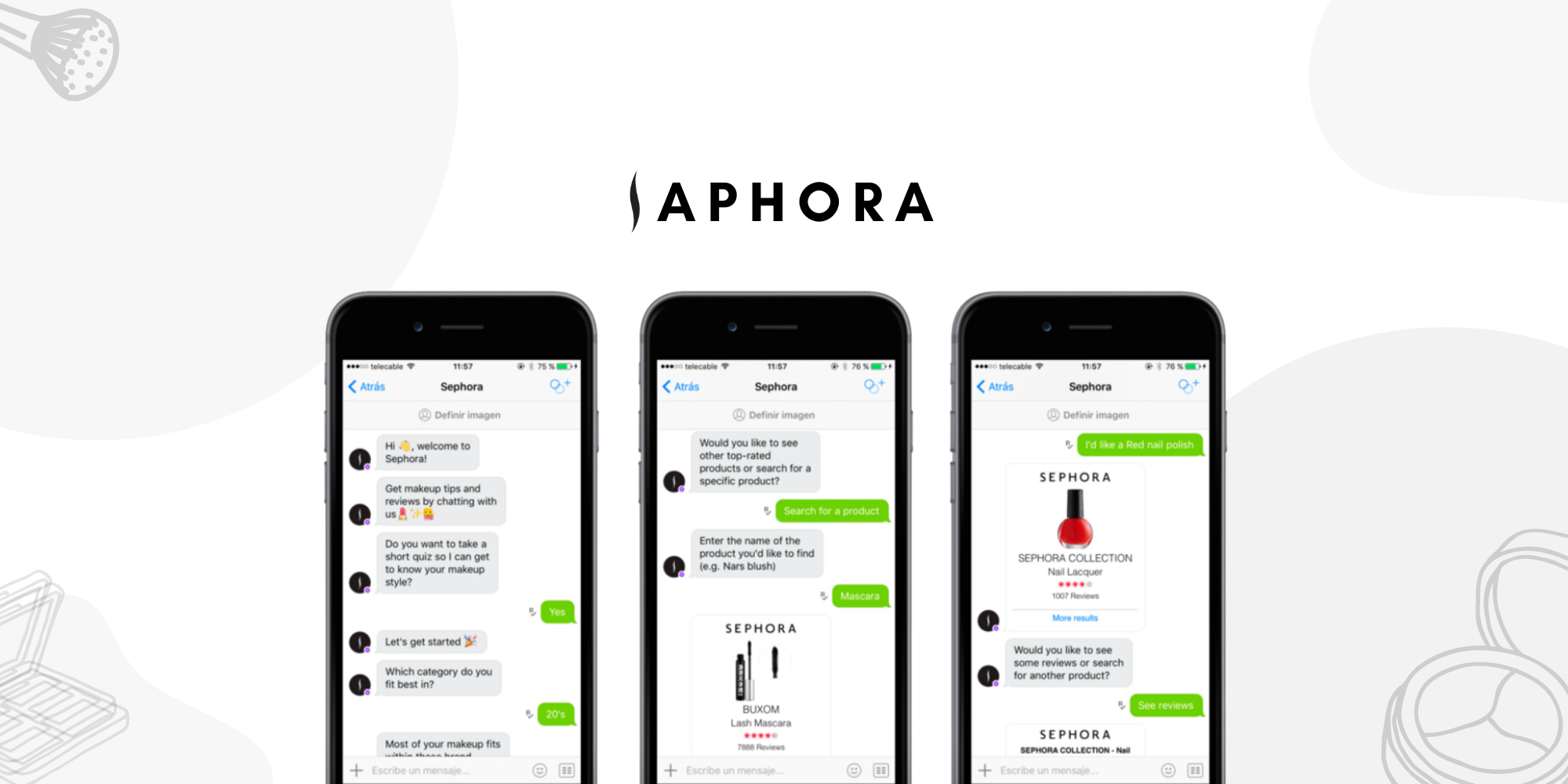
Chatbots for Customer Data Collection and Analysis
Chatbots can collect and analyze customer data, including their preferences, behavior, and demographics. This data can be used to improve customer experiences, personalize marketing strategies, and create targeted promotions.
Spotify utilizes a chatbot called “Discover Weekly” to collect user feedback on music recommendations. The chatbot allows users to provide ratings and comments, enabling Spotify to analyze data and improve personalized playlists and recommendations. This approach enhances the user experience and helps Spotify refine their music recommendation algorithms.
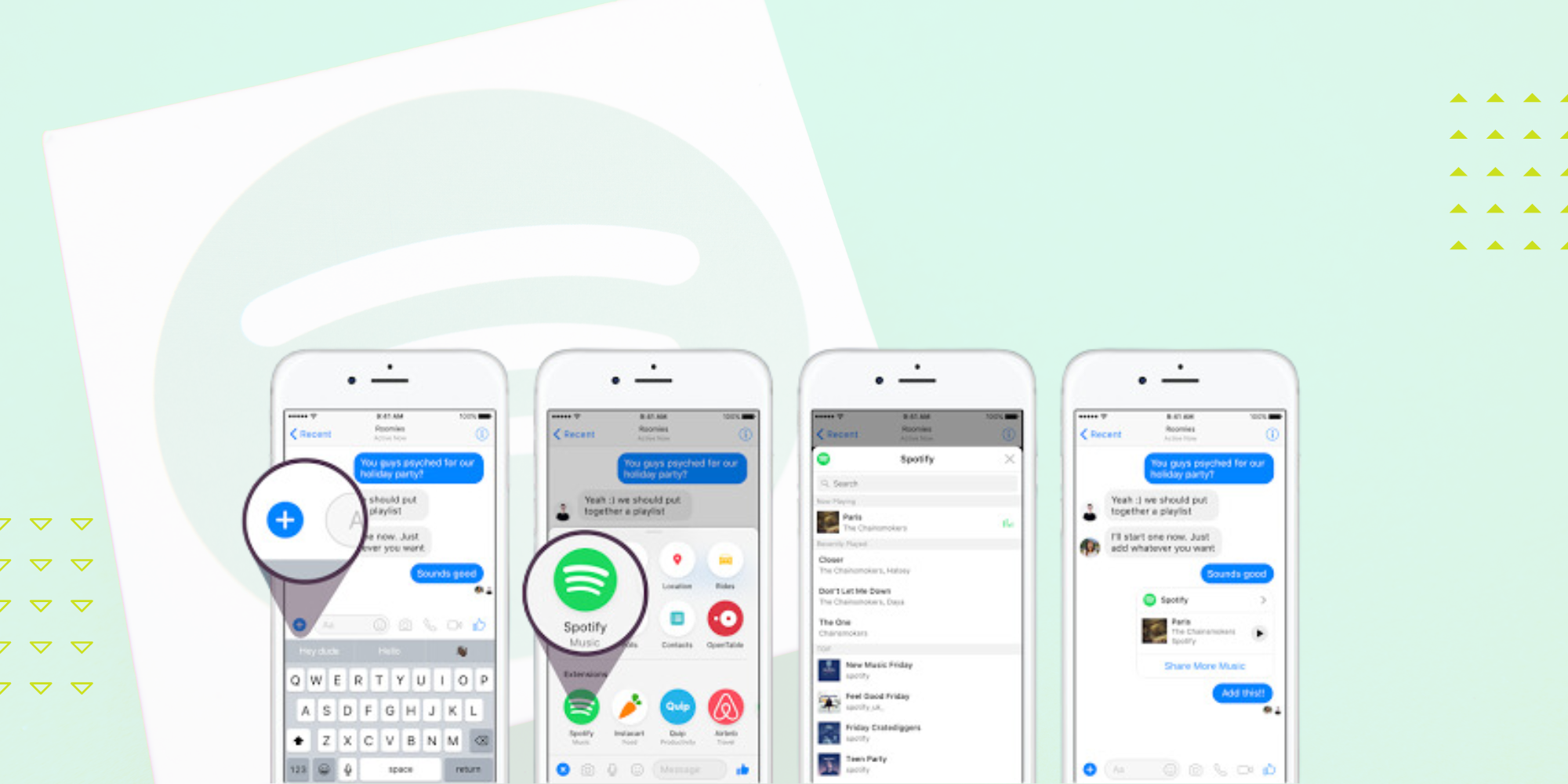
The Benefits of Using AI Chatbots in Various Industries
Implementing AI chatbots in different industries offers a multitude of benefits. Firstly, they provide round-the-clock customer support, ensuring that customers can have their queries resolved at any time, regardless of their location. This leads to improved customer satisfaction and loyalty.
Additionally, AI chatbots can handle a large volume of inquiries simultaneously, eliminating the need for customers to wait in long queues or be put on hold. This not only saves customers’ time but also reduces the workload of human customer service representatives, allowing them to focus on more complex tasks.
Moreover, AI chatbots have the ability to collect and analyze data from customer interactions, providing valuable insights into customer behavior, preferences, and pain points. This data can then be used to personalize marketing strategies, enhance product offerings, and improve overall customer experience.
🤖 84% of companies believe that AI chatbots will become more important for communication between a customer and business
AI Chatbots in Retail: Improving Customer Service and Driving Sales
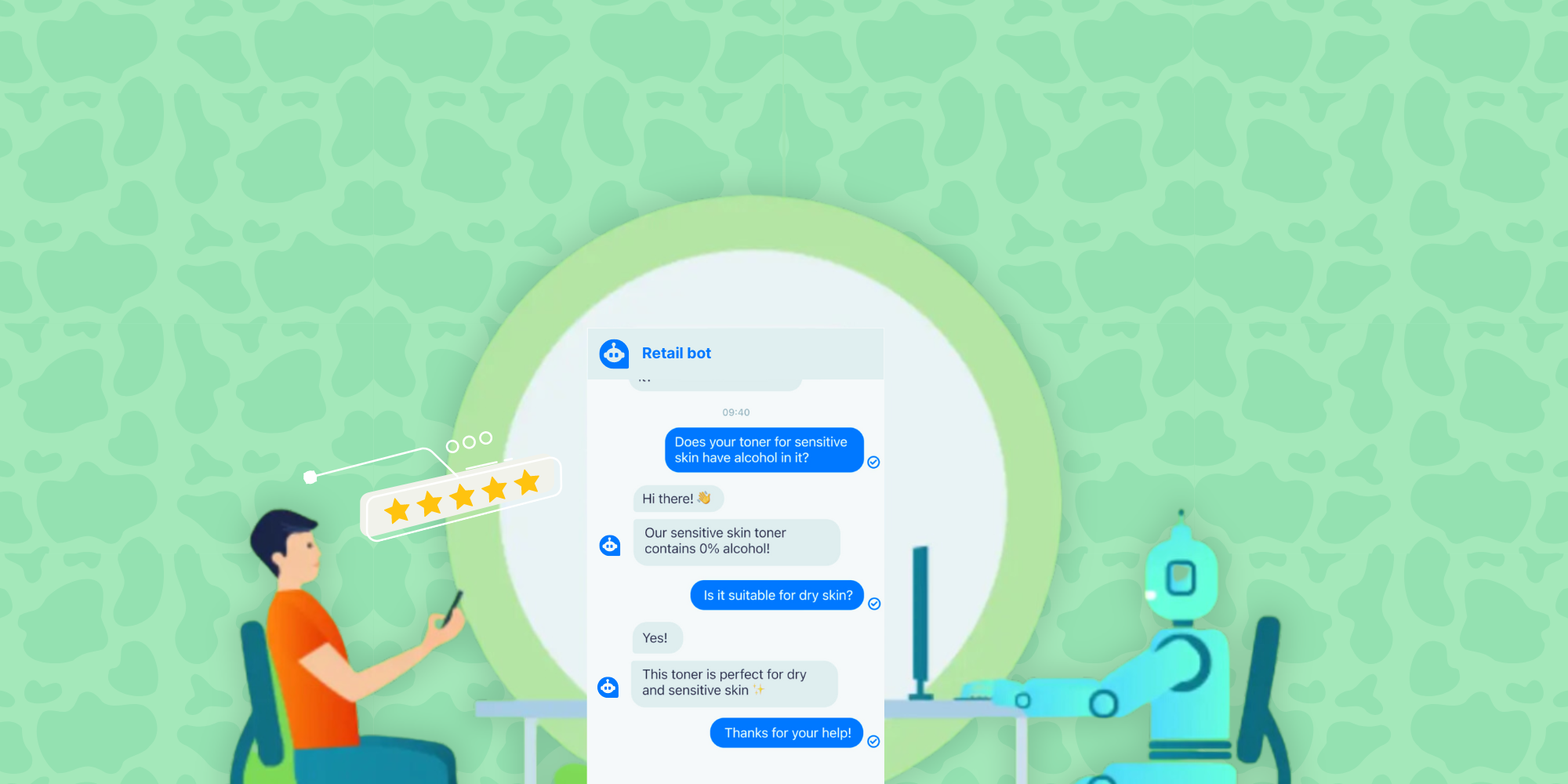
AI chatbots have transformed the retail industry by improving customer service and driving sales. In the retail sector, customers often have a multitude of questions regarding products, prices, and availability. AI chatbots can provide instant responses to these queries, guiding customers through their shopping journey and ensuring a seamless experience.
Moreover, AI chatbots can offer personalized product recommendations based on customer preferences, purchase history, and browsing behavior. By leveraging this data, retailers can enhance cross-selling and upselling opportunities, increasing average order value and driving sales.
34% of customers of online retail accept the usage of chatbots
Furthermore, AI chatbots can assist customers in the checkout process, simplifying payment procedures and reducing cart abandonment rates. They can also provide real-time updates on order status and delivery, improving transparency and customer satisfaction.
AI Chatbots in HR: Streamlining Recruitment and Employee Support
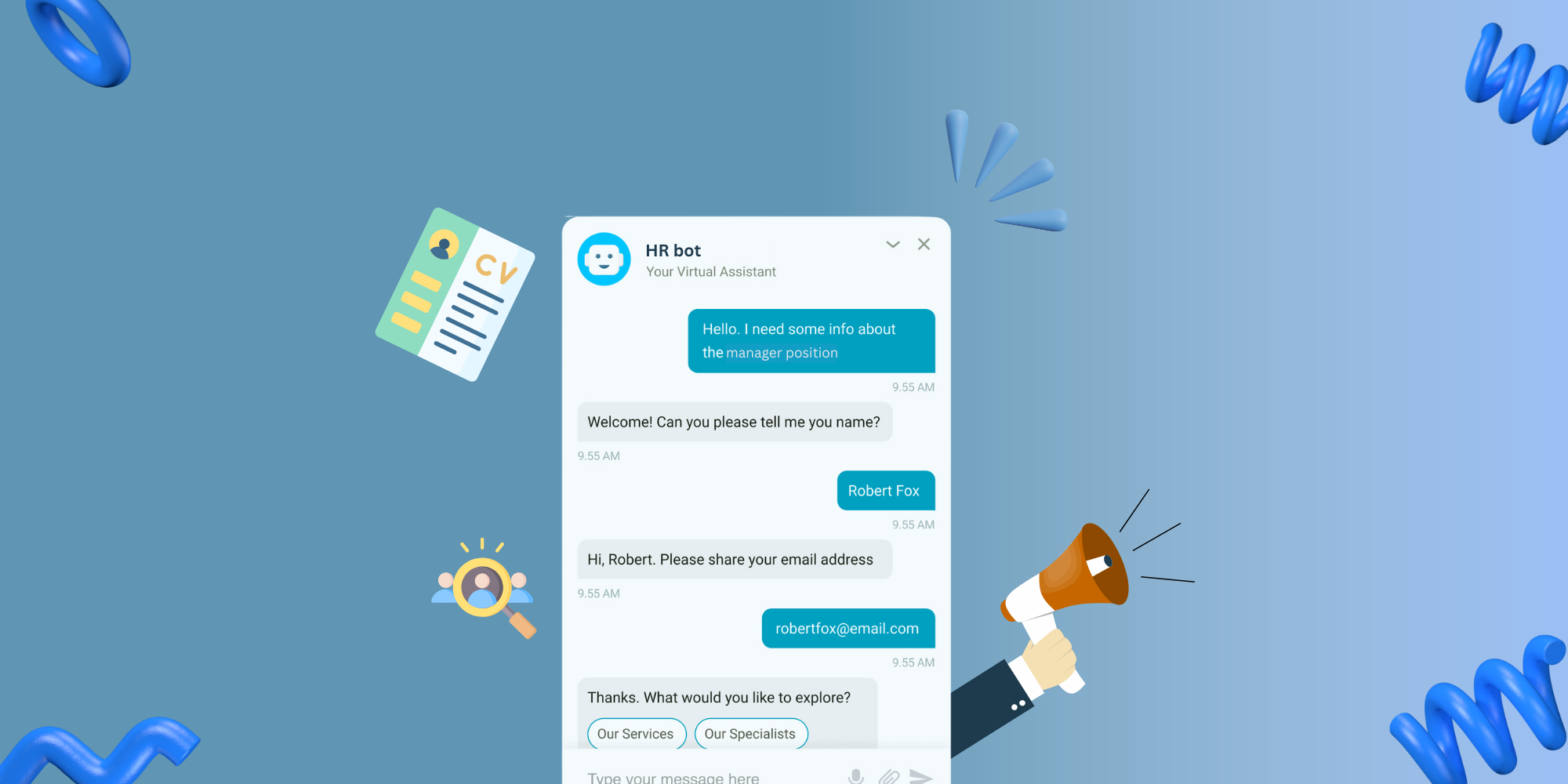
The human resources department plays a critical role in any organization, and AI chatbots have proven to be invaluable in streamlining recruitment processes and providing employee support.
In the recruitment process, AI chatbots can engage with potential candidates, asking screening questions and assessing their qualifications. This helps HR professionals save time and resources by shortlisting only the most suitable candidates for further evaluation.
Furthermore, AI chatbots can provide onboarding support to new employees, answering frequently asked questions, providing access to relevant documents, and facilitating the integration process. This ensures a smooth transition and reduces the burden on HR personnel.
Additionally, AI chatbots can assist employees with routine HR inquiries, such as leave requests, benefits information, and policy clarification. This empowers employees to find answers to their questions independently, reducing the volume of inquiries received by HR and allowing them to focus on strategic initiatives.
AI Chatbots in eCommerce: Enhancing the Shopping Experience and Increasing Conversions
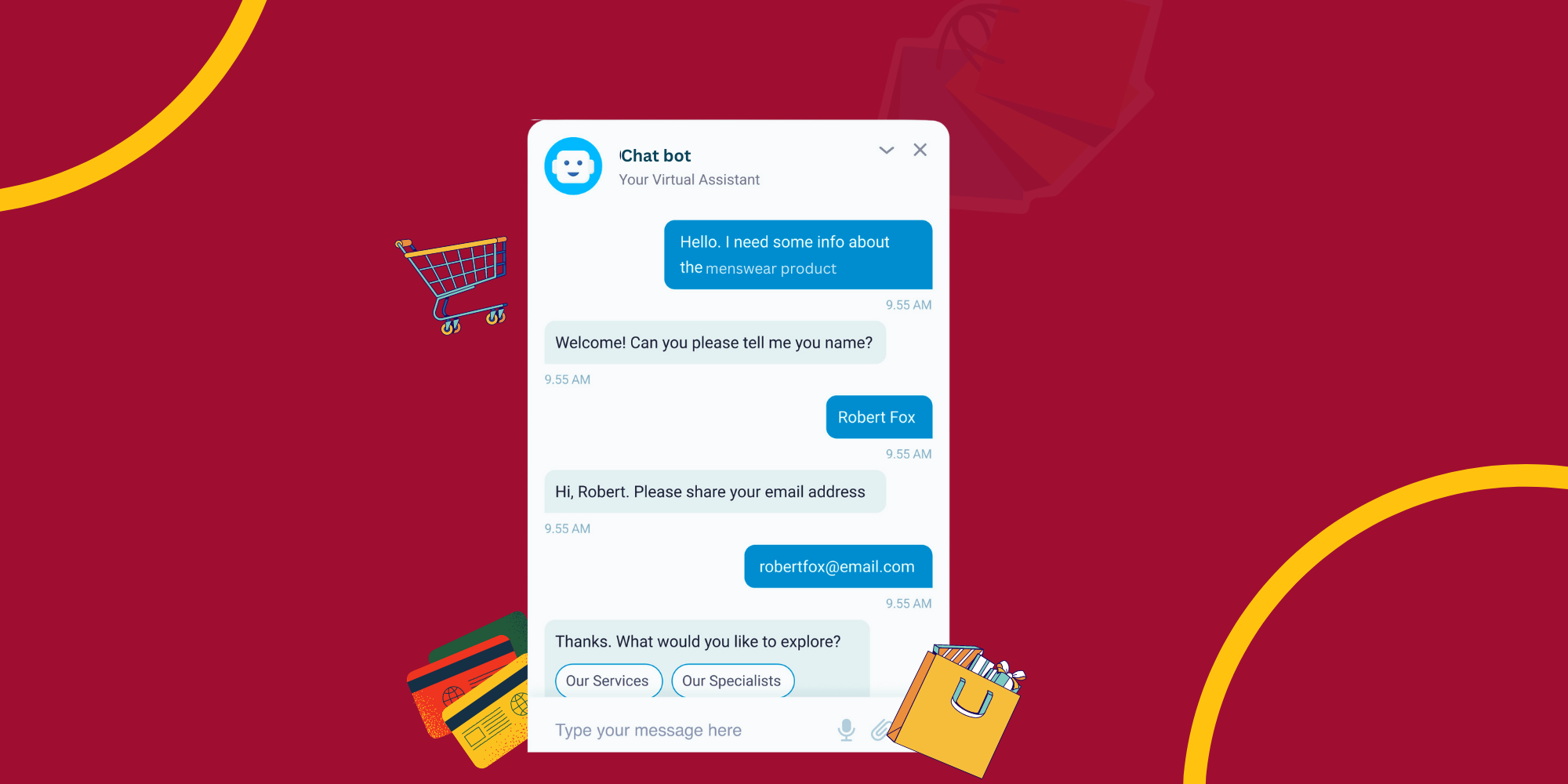
In the eCommerce industry, AI chatbots have revolutionized the shopping experience by offering personalized assistance and increasing conversions.
AI chatbots can engage with customers in real time, providing product recommendations based on their preferences, browsing history, and purchase behavior. By offering personalized suggestions, businesses can increase customer engagement and drive repeat purchases.
⭐ Chatbots started to boost eCommerce revenue by 7-25%
Moreover, AI chatbots can assist customers in finding the right products by asking targeted questions and narrowing down their search. This reduces the time and effort required for customers to find the products they desire, resulting in improved satisfaction and increased conversions.
To know about why your ecommerce businesses need chatbot in detail read our blog: Read Our Case Studies – Delivering Simple Solutions
Furthermore, AI chatbots can respond instantly to customer inquiries regarding product availability, shipping options, and return policies. This ensures transparency and builds trust with customers, ultimately leading to higher conversion rates.
AI Chatbots in Education: Personalizing Learning and Providing Student Support
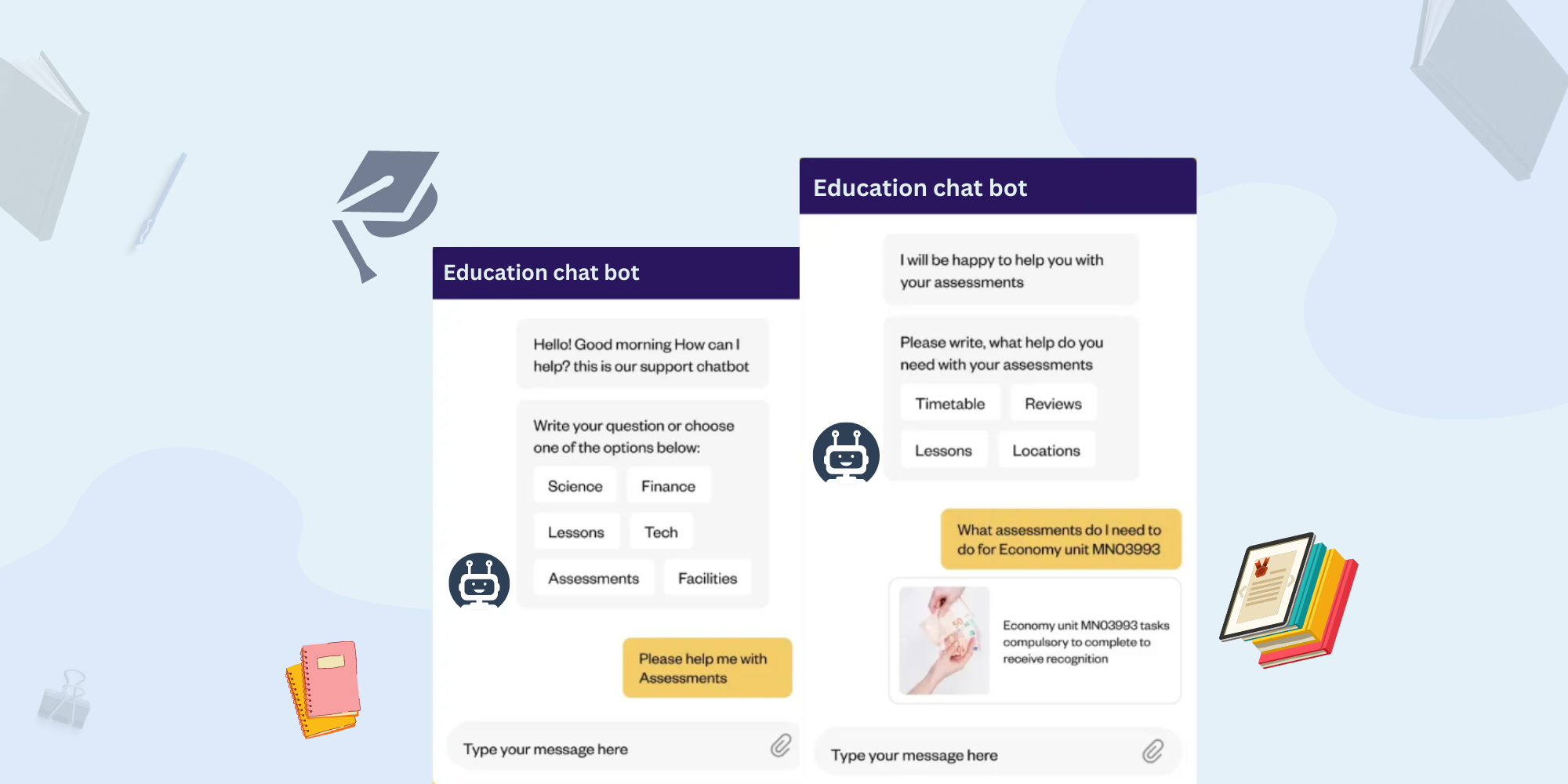
The education sector has embraced AI chatbots to personalize learning experiences and provide support to students and educators alike.
AI chatbots can act as virtual tutors, offering personalized learning recommendations, answering students’ questions, and providing explanations for complex concepts. This not only enhances students’ understanding but also promotes self-paced learning and encourages independent thinking.
Education is one of the top 5 industries that use chatbots in their work
Additionally, AI chatbots can assist educators in managing administrative tasks, such as grading assignments and providing feedback. This saves time and allows teachers to focus on delivering high-quality instruction.
Furthermore, AI chatbots can provide support to students outside of the classroom by answering queries related to course materials, assignments, and deadlines. This ensures that students have access to timely assistance, promoting academic success and reducing frustration.
AI Chatbots in Logistics: Optimizing Supply Chain Management and Improving Tracking

The logistics industry has witnessed significant improvements in efficiency and customer satisfaction with the implementation of AI chatbots.
AI chatbots can streamline supply chain management by providing real-time updates on inventory levels, order status, and delivery tracking. This enables businesses to optimize their operations, reduce stockouts, and ensure timely deliveries.
Moreover, AI chatbots can assist customers in tracking their shipments, providing accurate and up-to-date information on the whereabouts of their orders. This improves transparency and reduces customer inquiries, freeing customer service representatives to focus on more complex issues.
Furthermore, AI chatbots can automate repetitive tasks, such as generating shipping labels and customs documentation. This saves time and reduces the likelihood of errors, resulting in smoother logistics operations.
AI Chatbots in Travel: Simplifying Booking Processes and Providing Travel Recommendations
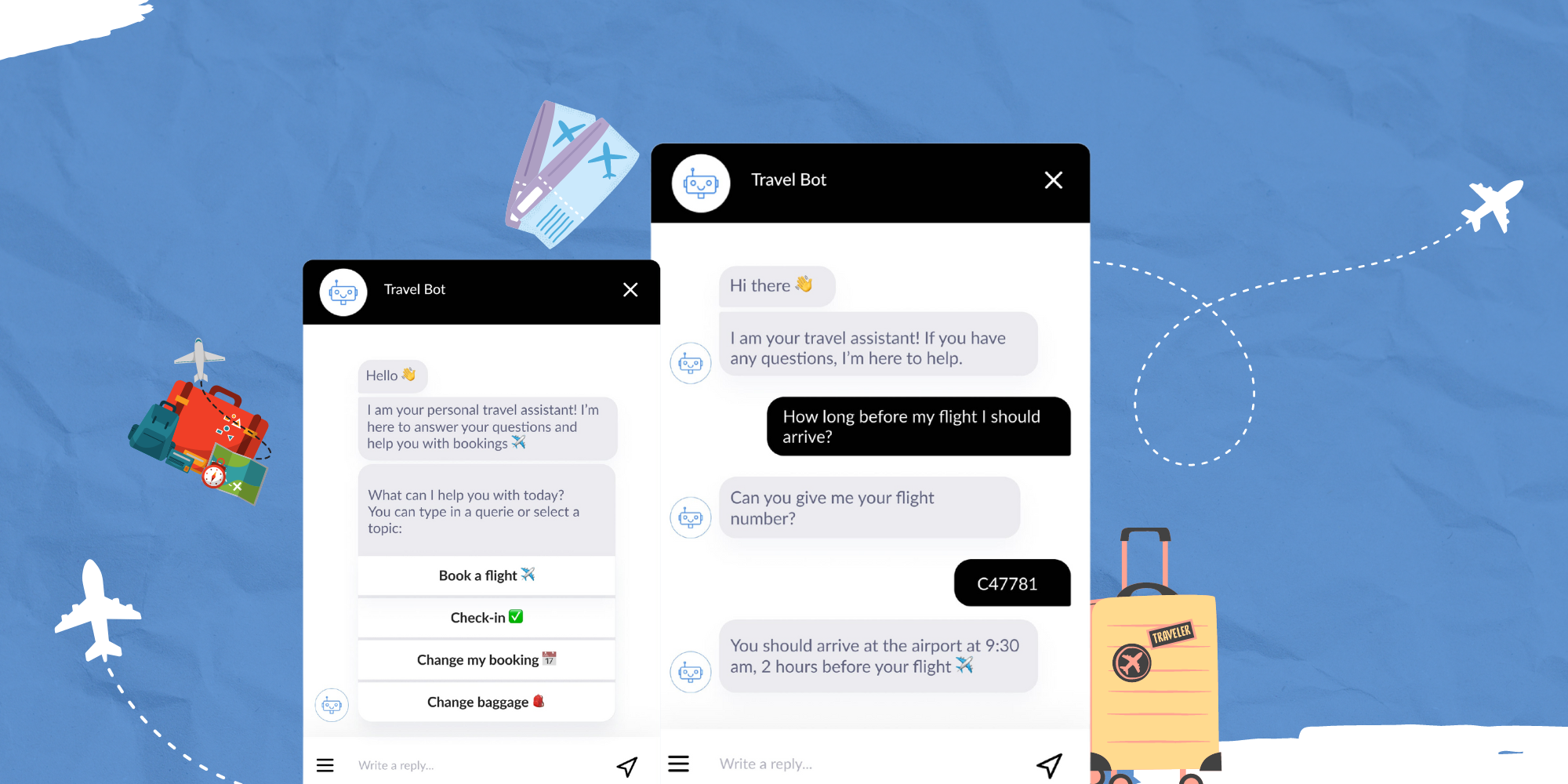
The travel industry has embraced AI chatbots to simplify booking processes, provide travel recommendations, and enhance customer experiences.
AI chatbots can guide customers through the booking process, assisting with flight and hotel reservations, car rentals, and itinerary planning. By automating these processes, businesses can reduce human errors and improve efficiency, ultimately leading to higher customer satisfaction.
Moreover, AI chatbots can offer personalized travel recommendations based on customer preferences, budget constraints, and past travel history. This ensures that customers receive tailored suggestions, increasing the likelihood of booking and creating memorable travel experiences.
Furthermore, AI chatbots can provide real-time updates on travel disruptions, such as flight delays or cancellations, and assist customers in rebooking alternative arrangements. This saves time and reduces stress for travelers, improving the overall customer experience.
AI Chatbots in Healthcare: Assisting Patients and Healthcare Professionals
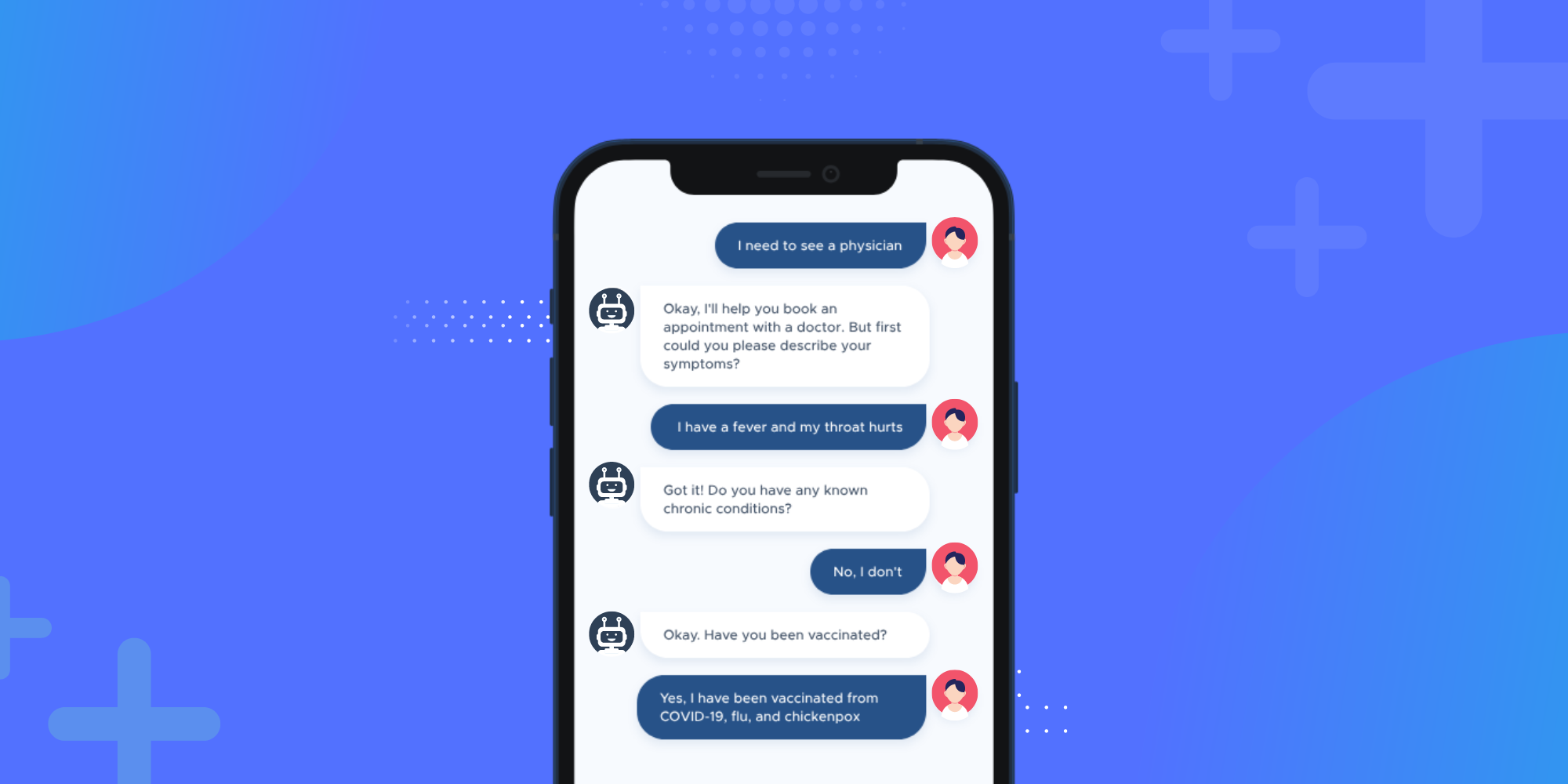
In the healthcare industry, AI chatbots have proven to be invaluable in assisting patients and healthcare professionals alike.
AI chatbots can engage with patients, asking screening questions and providing initial medical advice based on their symptoms. This helps patients assess the urgency of their conditions, seek appropriate care, and reduce unnecessary visits to healthcare facilities.
Up to 73% of healthcare admin tasks could be automated by artificial intelligence by 2023
Moreover, AI chatbots can provide accurate and up-to-date information on medical conditions, medications, and treatment options. This empowers patients to make informed decisions about their health and promotes self-care and well-being.
Furthermore, AI chatbots can assist healthcare professionals by automating administrative tasks, such as appointment scheduling, prescription refills, and medical record management. This saves time and allows healthcare providers to focus on delivering quality care.
AI Chatbots in Finance: Automating Financial Services and Improving Customer Experience

The finance industry has embraced AI chatbots to automate financial services, improve customer experience, and enhance security.
AI chatbots can assist customers in managing their finances, providing real-time updates on account balances, transaction history, and investment performance. This empowers customers to stay informed and make informed financial decisions.
Moreover, AI chatbots can provide personalized financial advice based on customers’ financial goals, risk tolerance, and investment preferences. This helps customers optimize their portfolios, ultimately leading to improved financial outcomes.
Furthermore, AI chatbots can automate routine financial tasks, such as bill payments, fund transfers, and loan applications. This saves time and simplifies processes for customers, reducing the need for human intervention and minimizing the risk of errors.

Challenges and Considerations When Implementing AI Chatbots in Different Industries
While the benefits of implementing AI chatbots in various industries are significant, there are also challenges and considerations that businesses should be aware of.
One major challenge is ensuring the accuracy and reliability of AI chatbot responses. AI chatbots are trained on vast amounts of data, but there is always a possibility of encountering queries or situations that they are not equipped to handle. Continuous monitoring and training are necessary to improve accuracy and ensure that customers receive accurate information.
Additionally, businesses must consider the ethical implications of using AI chatbots. Data privacy and security are of utmost importance, and businesses must ensure that customer information is protected and handled responsibly.
Moreover, businesses should carefully consider the cost-benefit analysis of implementing AI chatbots. While AI chatbots can reduce costs in the long run by automating tasks and improving efficiency, there may be significant upfront investments required for development, training, and maintenance.
Chatbot Case Study and Success Story
Looking at case study and success story can help businesses understand how chatbots can be used effectively. For example, H&M uses chatbots to provide fashion advice and personalized recommendations to customers. This has led to increased sales and customer satisfaction.
Challenge: H&M faced difficulty handling a large volume of customer inquiries effectively, leading to delays in responses and customer dissatisfaction.
Solution: H&M implemented a chatbot on its website and other platforms to address the challenge. The chatbot provided real-time support, offered product information, assisted with sizing, tracked orders, facilitated returns/exchanges, and offered personalized styling recommendations.

Benefits: The chatbot improved customer experience by providing 24/7 support, reducing waiting times, and offering instant responses. It scaled customer service operations, saving time and costs. The chatbot’s personalization enhanced engagement, while data insights helped make informed business decisions.
How to Implement Chatbots in Your Business
Now that we’ve explored the benefits of chatbots for businesses, let’s take a look at how to implement chatbots in your business.
Chatbot Best Practices and Tips
When implementing chatbots, it’s essential to follow best practices and tips to ensure that they are effective and provide a good customer experience. Some best practices include:
- Keeping the chatbot’s tone conversational and friendly
- Providing clear instructions on how to use the chatbot
- Ensuring that the chatbot can handle a range of queries and complaints
- Personalizing the chatbot’s responses based on customer data
Conclusion
AI chatbots have revolutionized various industries by improving customer service, streamlining processes, and driving sales. Their versatility and ability to simulate human-like conversations make them valuable assets in retail, HR, eCommerce, education, logistics, travel, healthcare, and finance.
Implementing AI chatbots offers numerous benefits, including round-the-clock customer support, personalized assistance, data-driven insights, and increased efficiency. However, businesses must also be aware of challenges such as accuracy, ethical considerations, and cost-benefit analysis.
As technology continues to advance, AI chatbots will undoubtedly play an increasingly vital role in enhancing customer experiences and transforming business operations. Embracing this technology can lead to a competitive advantage and position businesses for success in the digital age.
To learn more about how AI chatbots can benefit your industry and improve your business operations, contact us today for a personalized consultation.